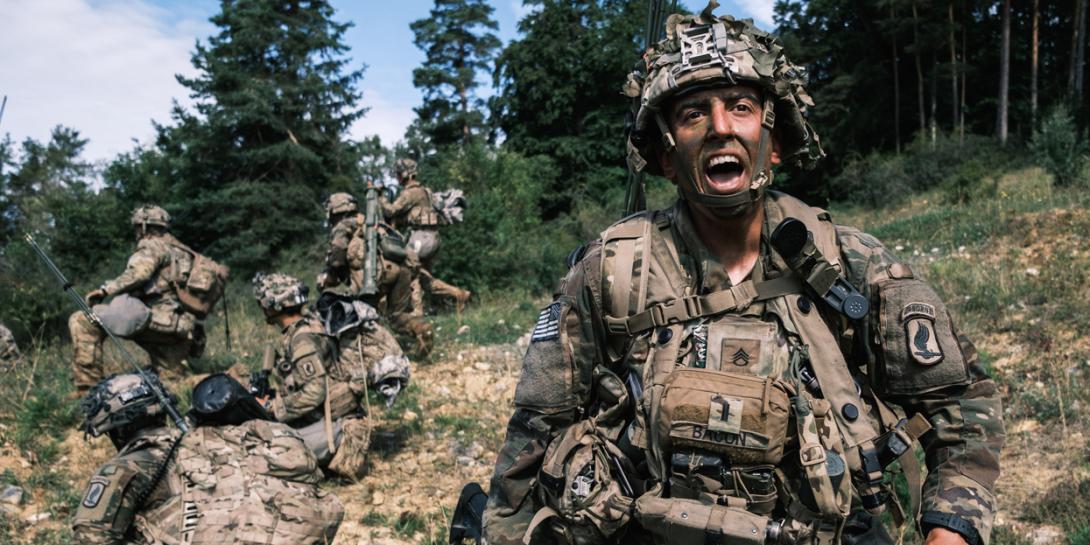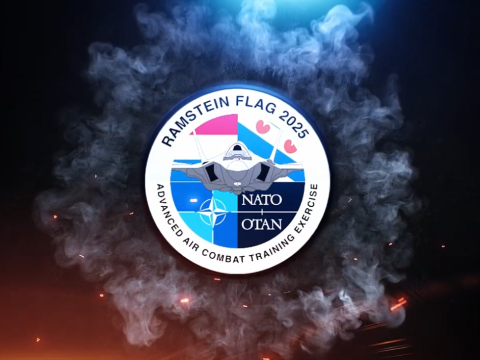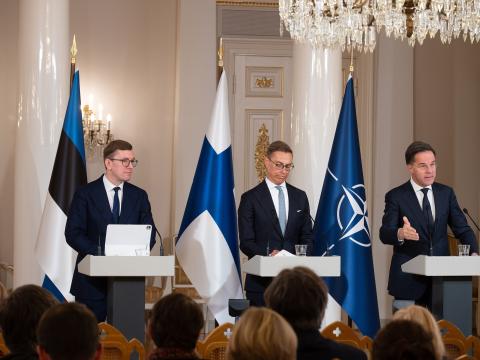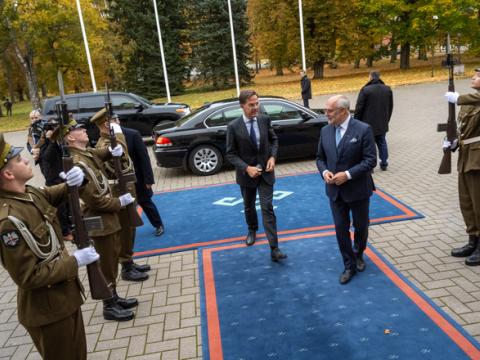NATO Seeks Flexibility, Resiliency
New challenges facing the West have compelled NATO to refresh domestic capabilities that have long been overlooked, alliance leaders say. These capabilities focus largely on logistics, but they also encompass new areas of concern such as cybersecurity and the supply chain.
This new focus on returning the alliance to a position of strength was addressed by Maj. Gen. Jörg See, GEA, deputy ASG, Defence Policy and Planning Division, NATO International Military Staff. Speaking at the AFCEA Europe Joint Support and Enabling Command (JSEC) virtual event in late September, Gen. See noted that collective defense remains a NATO—if not the NATO—central mission. Yet, the general stated that it is “of utmost strategic importance” to reinvigorate a culture of readiness and responsiveness. This requires enablement and resilience, but NATO must make some improvements to achieve those goals.
Gen. See called for improvements with necessary legislation and procedures that enhance command and control, increase transport capabilities and upgrade the relevant infrastructure in Europe. He cited the need for ships, aircraft, trains and trucks along with quick access to harbors, airbases and other key infrastructure facilities—as well as sufficient fuel to power them.
Enabling SACEUR’s area of responsibility and setting the preconditions for larger scale military mobility will require establishing the right priorities and effective civil military interaction, he said. And this will require a whole-of-society approach.
The European Union (EU) can play a major role in this effort. Work between the two organizations already has borne fruit, particularly with information sharing. The general cites areas such as military requirements, transport infrastructure, transportation of dangerous goods, customs and cross-border movement. But this is just the start of what could be accomplished with greater cooperation between NATO and the EU, he offered.
And, it’s the nations within the two international organizations that must do the hard work, he emphasized. This will require investing in infrastructures, establishing networks among military and civilian stakeholders across government, expediting the diplomatic clearance process and ensuring access to sufficient air, sea and rail transport.
This will require the private sector to be inventive and innovative, he said. Digitization, cyber resilience and supply security are just a few of the buzzwords applicable.
Gen. See warned against cutting military budgets to fund public health measures to combat COVID-19. Ironically, the pandemic has reminded everyone how important and challenging it can be to move goods, equipment and people on short notice, which is the task facing NATO as it girds for the future.





Comments